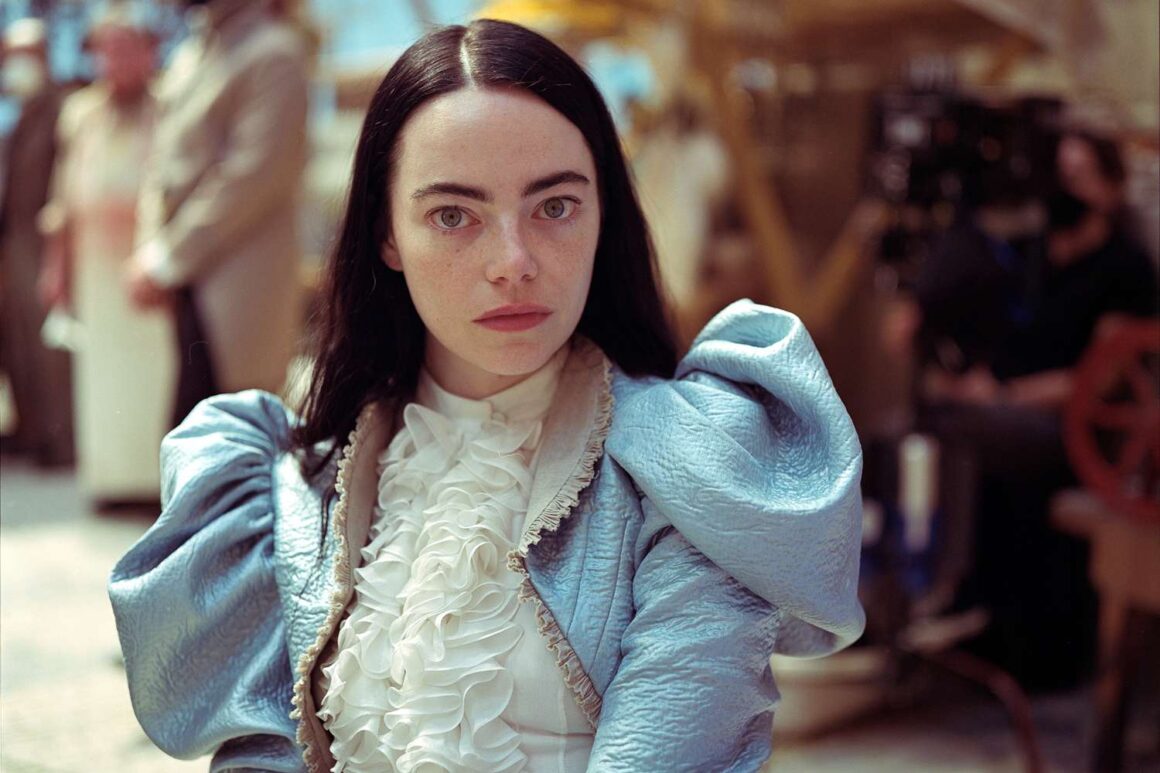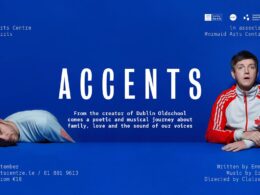Reviewed Cian Sevilla
Yorgos Lanthimos’ Poor Things is one of his best movies thus far. Based off Alasdair Gray’s novel of the same name, which is, in itself, a sort of modern retelling of Frankenstein, Lanthimos gives new life to both novels by injecting them with a feminist touch and his signature Lanthimosian whimsy, with the end result based off the two works yet remaining distinctly his own.
Emma Stone gives a hypnotic performance as Bella Baxter, the Frankenstein’s monster of the film, a woman who had the brain of her unborn fetus transplanted in place of her own by one Godwin Baxter (Willem Dafoe).
Her life is heavily restricted under Godwin’s control, being unable to interact with the world outside the conditions Godwin enforces upon her. But Bella grows ever more curious. Her parents were explorers, and she wanted to roam the world as they had. “Bella want look at world”, as Bella herself succinctly puts it. Bella’s curiosity and newfound sexual desires lead her towards Duncan Wedderburn (Mark Ruffalo), a sleazy lawyer who coaxes her into embarking on a hedonistic journey across the world, taking advantage of her adventurous spirit with a trip filled with statutorily questionable sex.
Over the course of the film we get to see Bella grow as a person. She learns more about the world, meets new people, and learns new words; thus, her independence grows as a result, much to the foppish dismay of Wedderburn.
Woven within Lanthimos’ absurdist humour and surreal steampunk landscapes lies a feminist tale of identity, a quest for independence despite a patriarchal society that considers the very notion of independent women as deviant and that makes hostile, even violent attempts to enforce the opposite.
The men in her life try to mould her according to their visions; Godwin sees her as a mere experiment (well, tries to rationalise her as such, anyway) and so tries to restrict her development in a controlled environment, all in the name of scientific purity. Duncan sees her as nothing less than a dog to be made docile and obedient, and tries to restrict her interactions with other people in an attempt to retain ownership over his property. Harry Astley is a cynic, and seems to take a particularly sadistic glee in his attempts to shatter Bella’s unfaltering optimism. Alfred calls Bella by a name that isn’t hers, to try and make her live a life she has never lived. But Bella doesn’t let any of that define her. She is her own person with her desires, whims, and interests. She is the sum of two parts: Victoria Blessington’s body and her child’s brain, yet she is divorced from the two entirely.
Bella’s journey of self-discovery closely mirrors experiences of real-life women. Women often feel compelled to appeal to male-centric ideas of feminine beauty and behaviour. They must stay young, dumb, and loyal to appease their male suitors. But Poor Things tackles this heavy subject matter and imbues it with its unique humour and, most importantly, hope. A hope that no matter how bad things may seem right now, the world can in fact, change for the better.
Bella is introduced to all sorts of injustice, be it seeing kids in Alexandria die. At the same time, she sits in luxury atop a flying steamboat or is on the receiving end of it during her employment in a Paris brothel. However, she never became complacent or jaded. She did everything in her power to change the world, to fix all its wrongs, however hopeless it may have seemed, even, at one point, joining a socialist movement. And, well, maybe that’s what you should be doing too.











